Force for Change
Become a Force for Change - join us as we revolutionize conservation.
Lion Guardians is honoured to have been recognized as a #forceforchange by Prince Harry and Meghan, Duke and Duchess of Sussex for our efforts to conserve lions and preserve cultures in #Kenya and we want YOU to join us on our journey for change. In 2015, we launched the ground-breaking technology LINC (Lion Identification Network of Collaborators), which is aimed at connecting researchers and transforming conservation. In 2018, LINC was granted funds through Microsoft and National Geographic through their AI for Earth program and today, LINC is composed of a community of conservationists that span Kenya and Northern Tanzania.
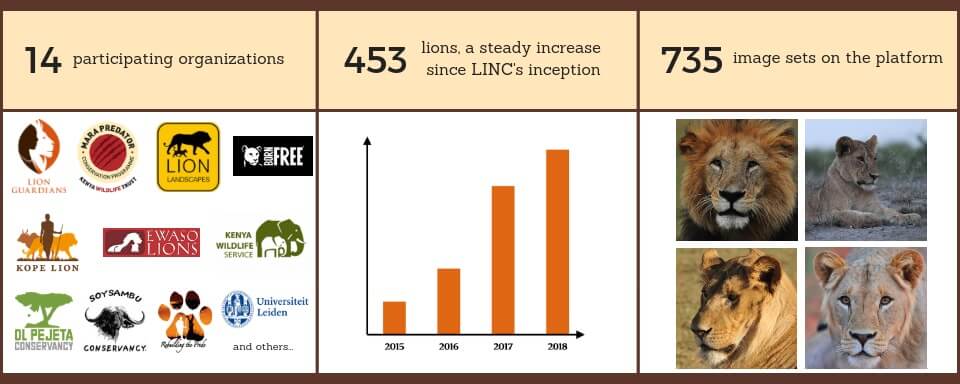
To become an even greater Force for Change, we want to catapult LINC from awesome to completely game-changing. To do this we need $500,000 – will you join our force for change?
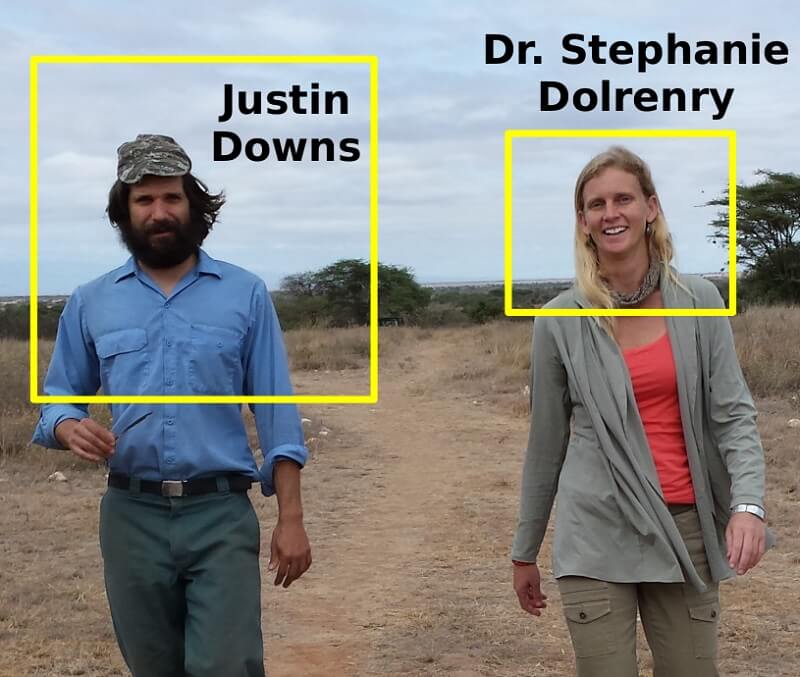
LINC IS BORN: FIELD CONSERVATION MEETS ANTHROENGINEERING
For conservationists, it’s critical to be able to identify individuals to know which animal is where and doing what. But actually doing this requires poring over photos of individual animals, sometimes for hours – time that would be far better spent working in the field. While driving in the bush one night, Lion Guardians’ Director of Science Stephanie Dolrenry wondered aloud whether there was some way to use technology to automatically identify lions’ whisker patterns like star constellations in the sky. Anthroengineer Justin Downs happened to be sitting next to her and he murmured back “but of course” and in that moment, LINC was born.
From those humble beginnings, the idea has grown into a ground-breaking open source platform that allows researchers across the continent to work together in conserving African lions.
LINC TODAY

Pioneering technology
Innovative artificial intelligence technology that helps identify individual lions using algorithms for individual facial and whisker pattern recognition.
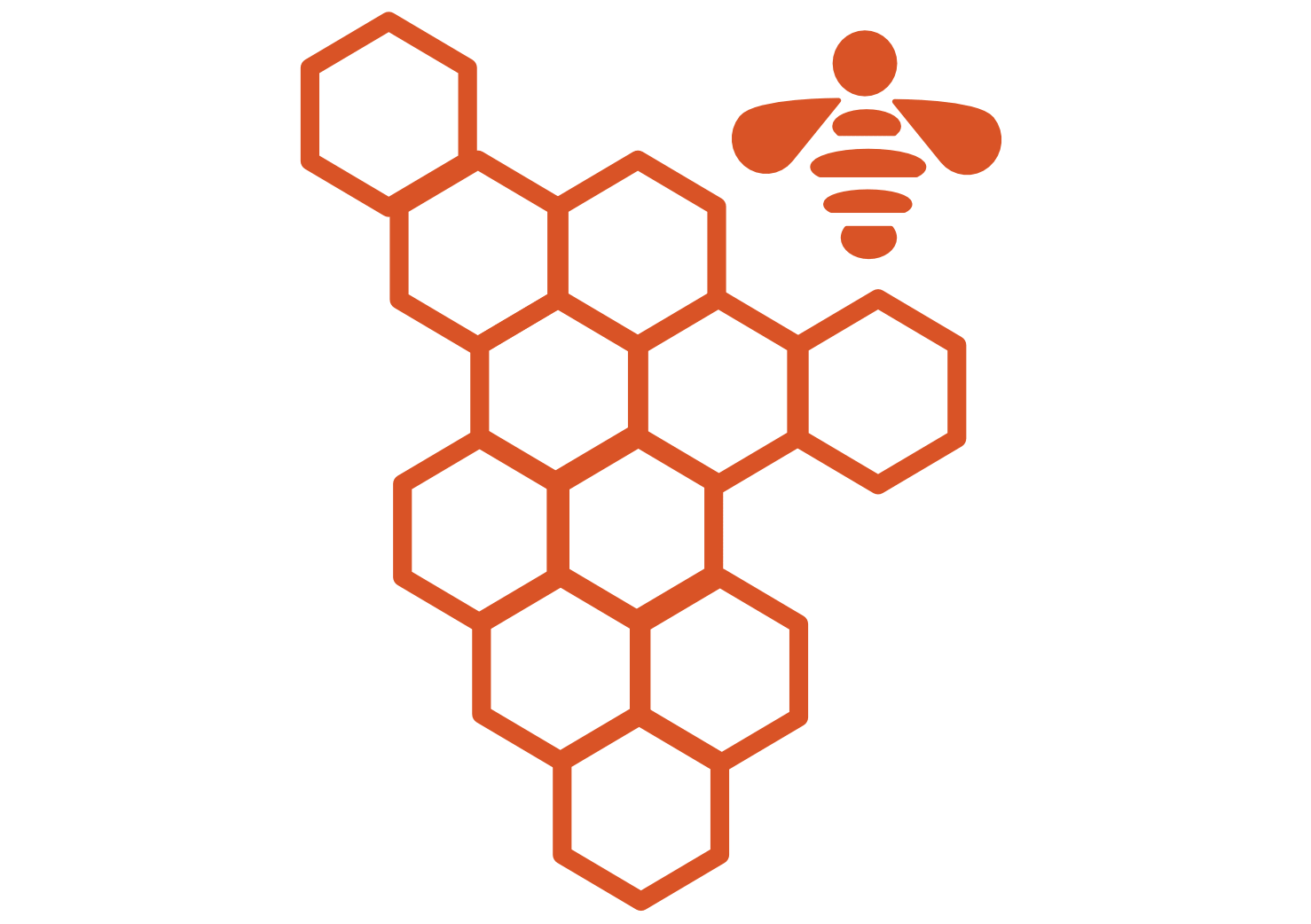
Open source
The platform is openly available, uniting people and enabling the sharing of information in both the conservation and tech world.
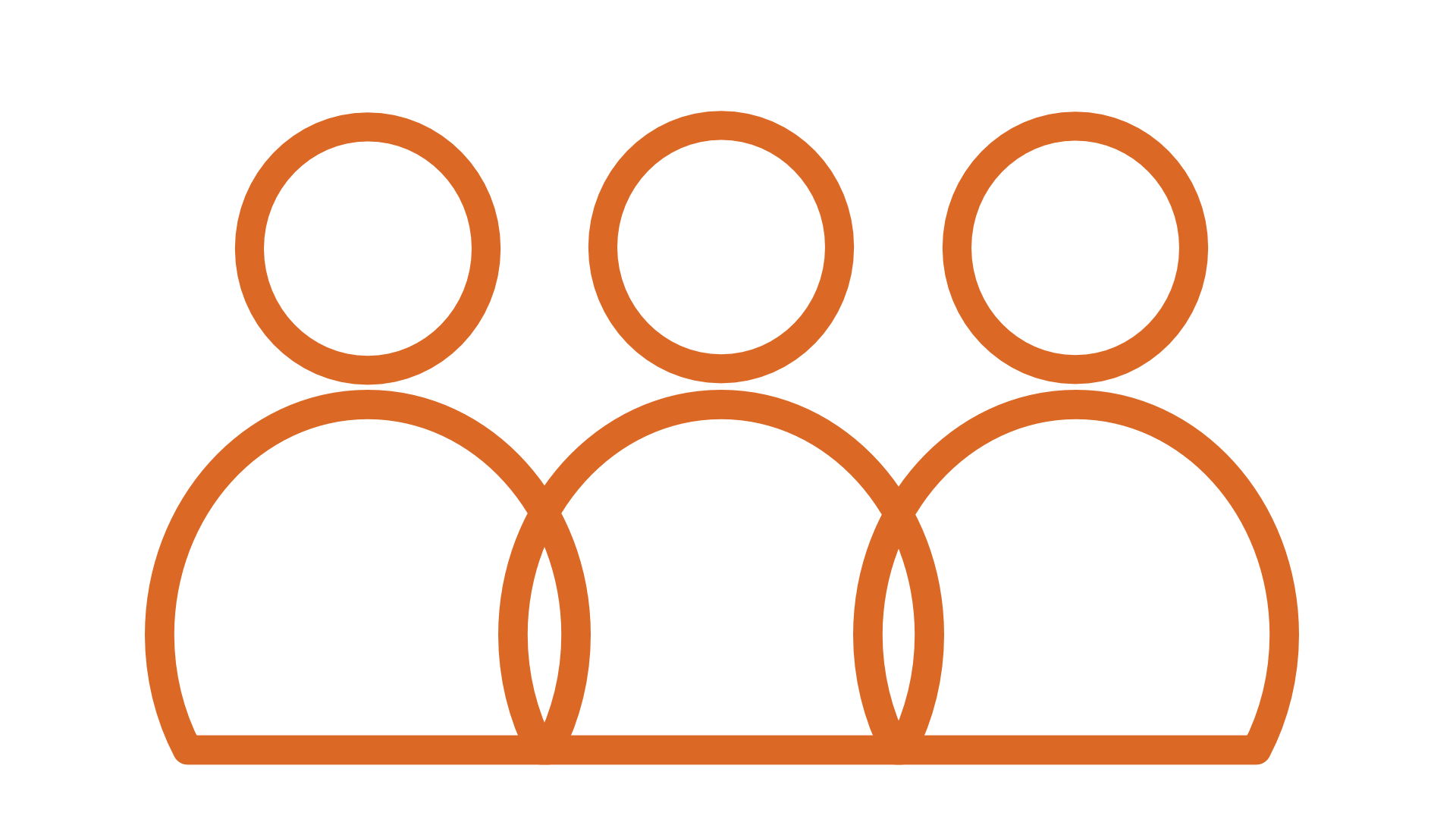
Network of collaborators
With 14 participating organizations across Kenya and Tanzania, we are moving towards a vision of a region-wide (and one day, continent-wide) collaborative database for building and sharing knowledge.
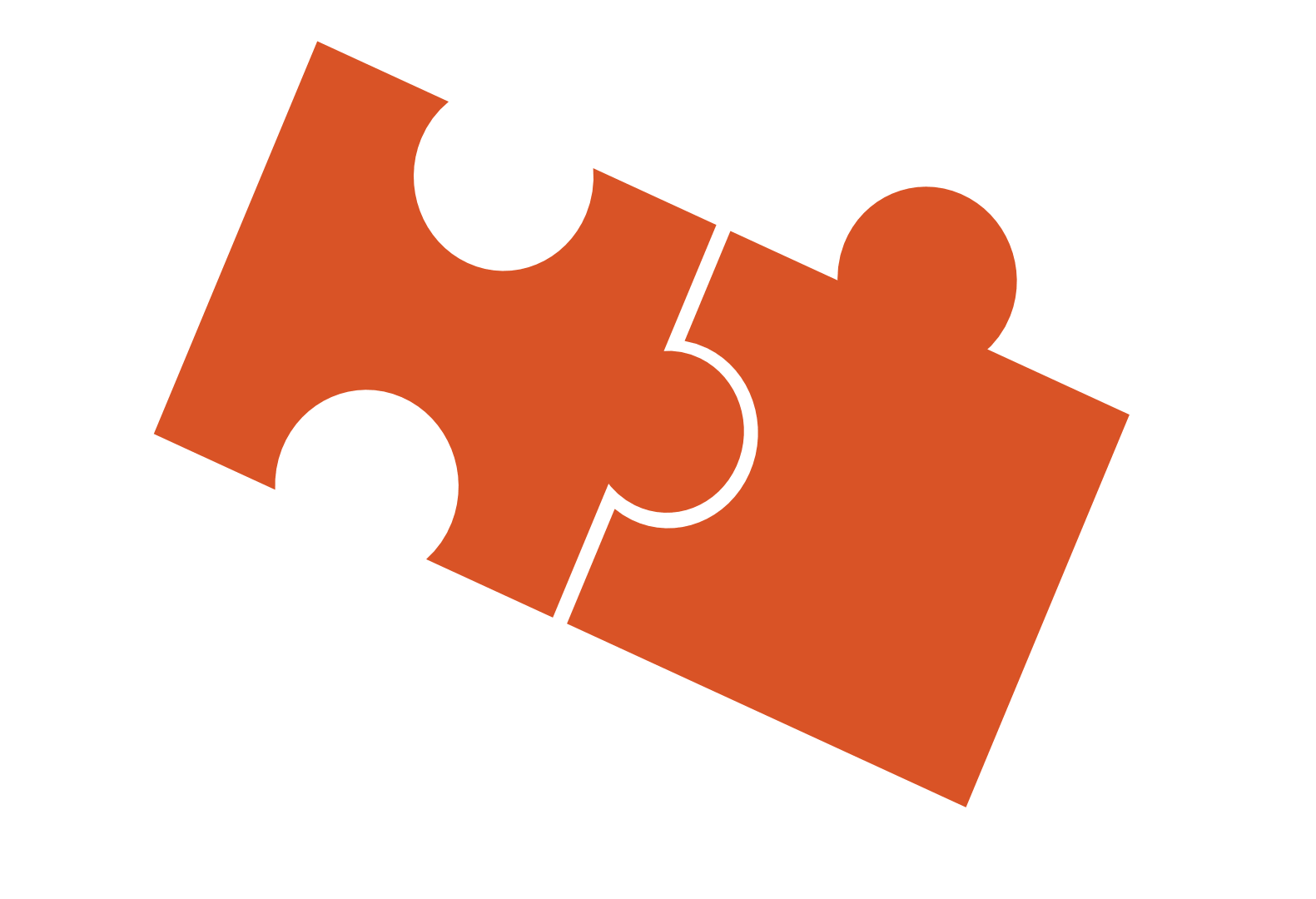
Big picture
LINC generates knowledge of lions at the macro level, helping conservationists better understand how lions move within and between populations, a critical aspect of maintaining genetic viability within increasingly isolated populations.
LINC OF THE FUTURE
The technology surrounding artificial intelligence is changing quickly, and LINC is poised to take advantage of this rapid evolution. But we need your help to harness these advancements and put them to use. By raising $500,000, we will be able to tackle the following critical areas to make LINC more efficient and effective, furthering the conservation of lions and enabling diverse conservation initiatives across wide geographic areas.
These funds will help with:
- INNOVATING FOR ACCURACY & EFFICIENCY – Honing the machine learning algorithms for facial and whisker recognition techniques, deploying deep neural network approaches, and adding innovative pre-processing and algorithmic methods, all of which all allow for better handling of LINC’s ever-growing database.
- ENGAGING RESEARCHERS – Developing tools for automated image annotation and recording and displaying user input about the real time performance of the identification tools, which provide the ability to engage the LINC research community while optimizing the algorithms’ performance on the ground.
- BUILDING OFFLINE CAPABILITY – Allowing researchers in remote locations to consolidate, upload, and access data on the ground to support day-to-day research.
- REFACTORING & STRUCTURING – Enabling researchers to easily transfer data across platforms and share with the larger science and conservation communities.
- INCORPORATING NATIONAL LION SURVEYS – Incorporating data collected during National lion surveys for broad-scale and multi-year use and analysis.
- MAINTAINING DEDICATED SUPPORT – Covering annual recurring costs, such as server hosting, database service, on-site costs, and a dedicated technical team, which allow smooth, uninterrupted development.
- TRAINING & OUTREACH – Enabling the efficient onboarding of more partners and organizations, increasing our efforts to grow the network of LINC lion collaborators
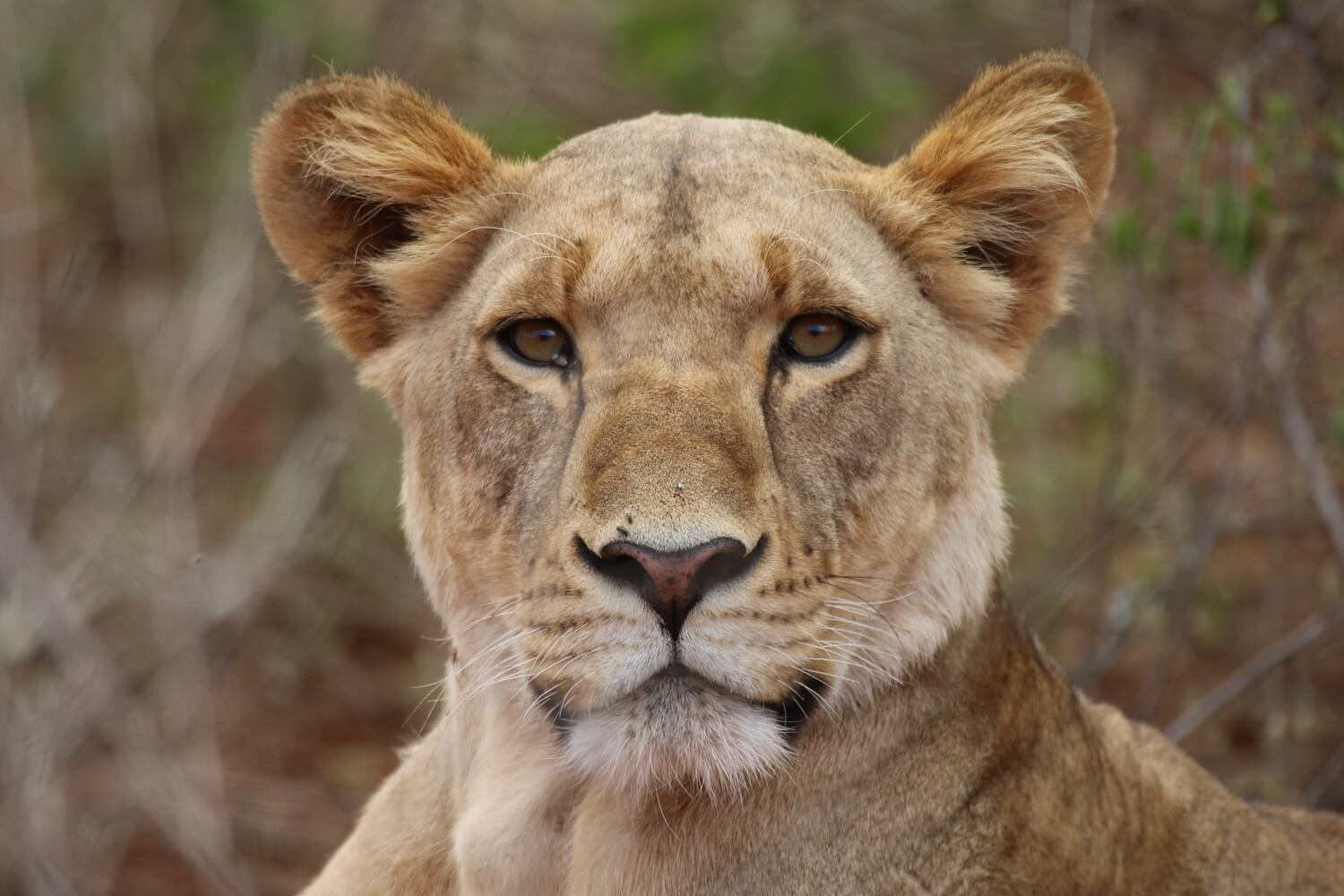
Be a Force For Change and help us revolutionize how researchers study and conserve animals across the globe.


